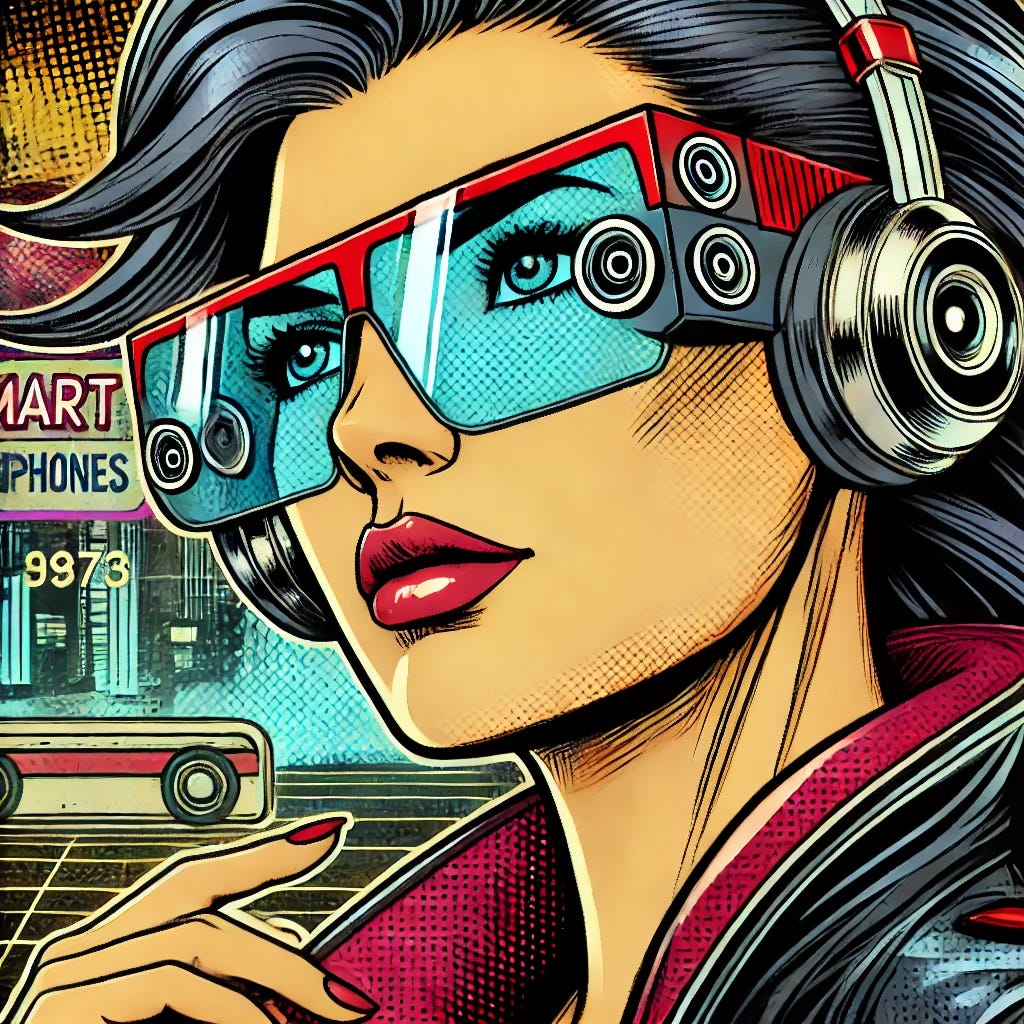First, we had the punched cards.
Then, we had the desktop computer followed by the laptop.
The last evolution of the computing platform is the smartphone.
Every iteration of the computing platform reduced friction. Every new version of the computing platform is more integrated into our lives. The laptop is easier to move and use anywhere. The smartphone put a computer in everyone’s pocket.
The question is what is the next iteration of the computing platform. A few people tried, like humane.ai with the AI Pin or Rabbit with the R1. No one succeeded. Even Apple with its Apple Vision Pro or Google and its Google glasses. They all failed.
Still, the next iteration of the computing platform is yet to be invented. And with the advanced in AI, there is probably a place for a computer with no screen and a direct immersion in our lives. A computer that mimics our senses (vision, hearing, maybe touch?) and our thinking. A computer that can not only help us with our everyday tasks but can also be a companion.
This next computing platform is yet to be invented. It is unlikely that the majors players (Apple, Google) will be the one to invent it — the only potential large company that could pull it off may be Meta. Similar to the iPhone, this new platform is unlikely to be an incremental improvement: it will be a leapfrog innovation.




